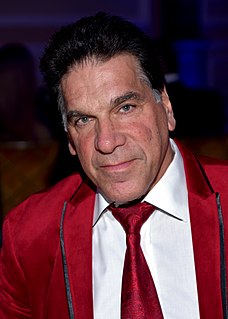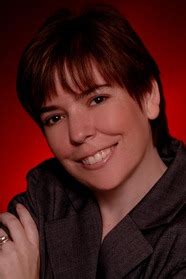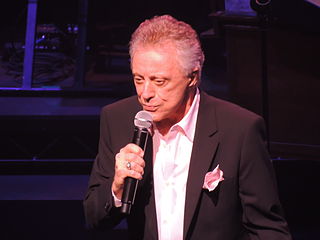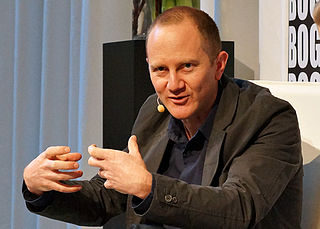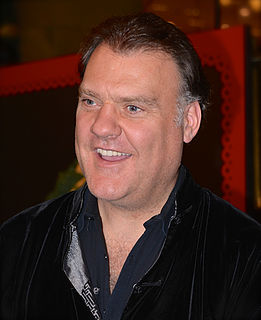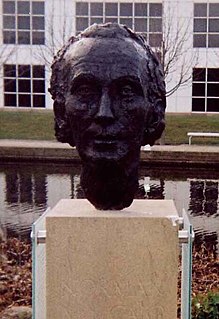A Quote by Ralph Waldo Emerson
The hearing ear is always found close to the speaking tongue.
Related Quotes
The Chinese philosopher Chuang-Tzu stated that true empathy requires listening with the whole being: The hearing that is only in the ears is one thing. The hearing of the understanding is another. But the hearing of the spirit is not limited to any one faculty, to the ear, or to the mind. Hence it demands the emptiness of all the faculties. And when the faculties are empty, then the whole being listens. There is then a direct grasp of what is right there before you that can never be heard with the ear or understood with the mind.
There is no lock strong enough nor wall thick enough to keep Death out," he murmured, his lips close to my ear so that I could feel the puff of his breath against my skin. The ends of a couple of his braids had found their way under the collar of my flannel night-shirt and tickled the base of my neck. "Are you speaking literally or metaphorically?
Not only does the modern person often think that sight is more important than sound - there's no objective evidence to indicate that. Many people, even audiologists who study the science of human speech and hearing, have assumed for a long time that the human ear evolved to hear the human voice, rather than the voice changing to fit the human ear. And the human ear is actually not a perfect match if we map its sensitivity to the different frequencies in the human range of hearing; it's an unequal curve, it's kind of a wavy line.
It was in Cardiff, and the cast was 60 per cent Welsh-speaking. It's the first time I've walked into a rehearsal room speaking my mother tongue, which in itself was a breath of fresh clean air from the Welsh mountains. Singing Hans Sachs is always a milestone, but I was happy to be part of such an achievement, not personally but as a company.
Most English speakers do not have the writer's short fuse about seeing or hearing their language brutalized. This is the main reason, I suspect, that English is becoming the world's universal tongue: English-speaking natives don't care how badly others speak English as long as they speak it. French, once considered likely to become the world's lingua franca, has lost popularity because those who are born speaking it reject this liberal attitude and become depressed, insulted or insufferable when their language is ill used.



